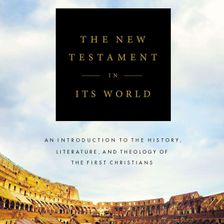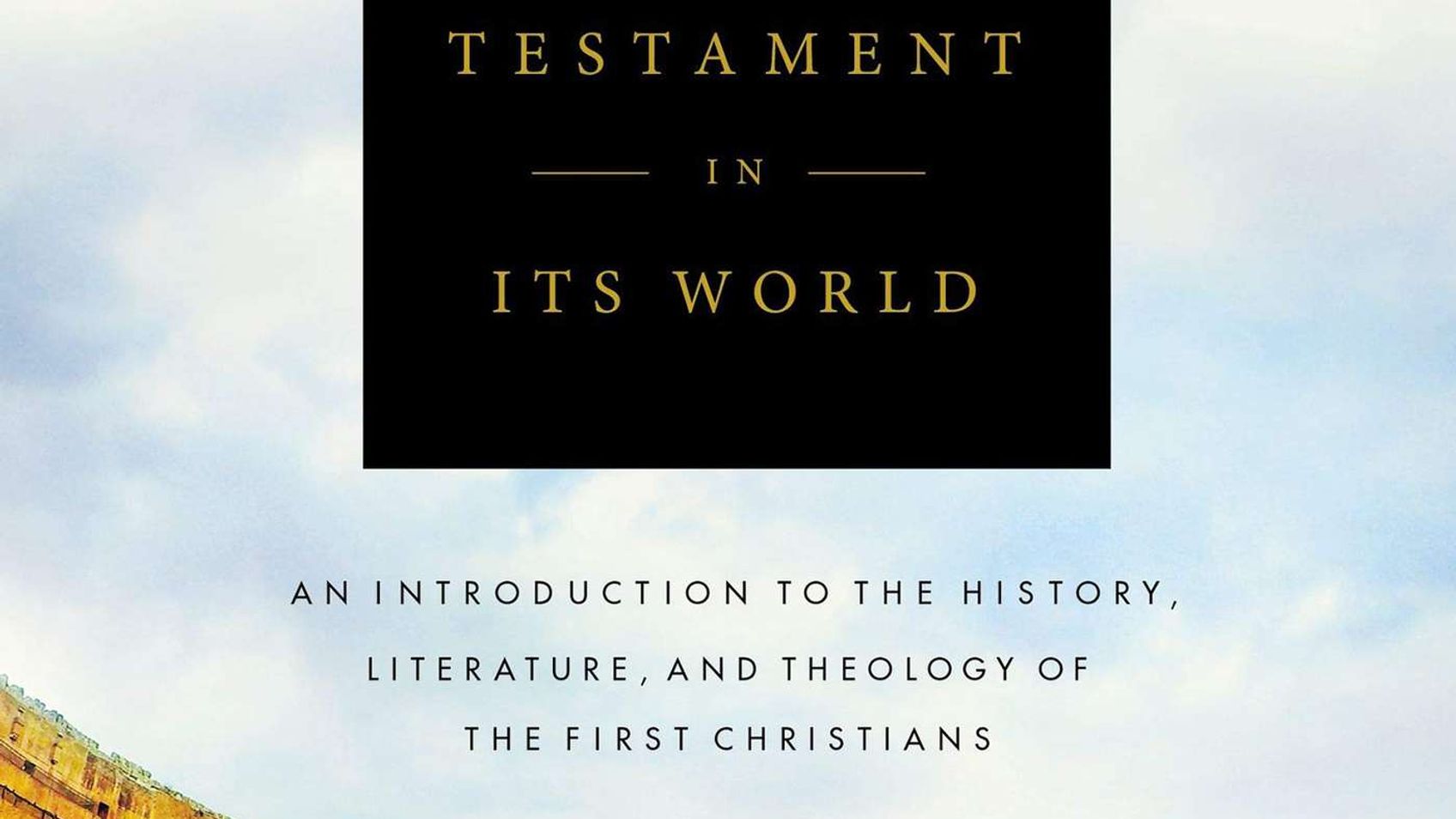How do we live out the New Testament?

Welcome to the sixth and final part in a series delving into the benchmark book The New Testament In Its World.
Co-author Michael Bird takes us through the text he wrote with N.T. Wright, this episode focusing on the practical application of the New Testament to 21st-century life. What does an understanding of its historical context do to help us live out the New Testament? Mike demonstrates the divisions between the Old Testament and the New, explains how it alters our world view as believers and draws out the mission implications from life in the 1st century.
On the chopping block are important questions like,
* Isn't the New Testament ultimately a revision of the Old Testament - the followers of God used to do things that way, now we do them this way?
* What does reading the New Testament do to our worldview?
* How does understanding the New Testament affect our pilgrimage to Heaven - are we in fact 'going' anywhere?
You can buy a copy of The New Testament In Its World here.
If you're following along with The New Testament In Its World, this episode covers key issues in Part IX: Living the story of the New Testament:
1. Bringing it all together
2. Making the New Testament matter for today
More From Delving Into The New Testament In Its World



More on OpenTheo















